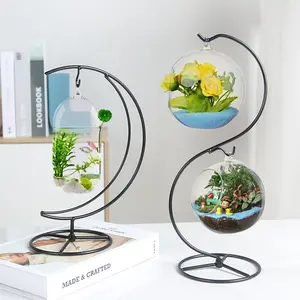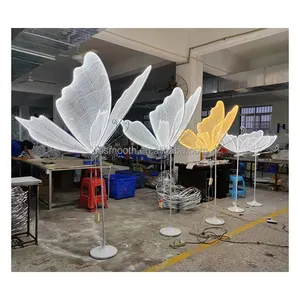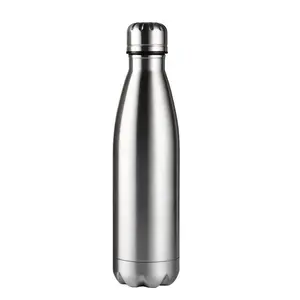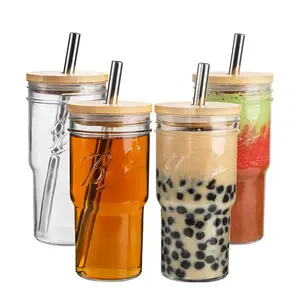Popular in your industry


































































Related Searches:






















































































































Top categories
About spiral plant stand
Managing a garden is no easy task. It requires patience, attention to detail, and, most importantly, the right tools for the job. For home gardens, be it indoors or outdoors, spiral plant stands can be great assets. With them, users are able to elevate the plants from the ground and guide their growth, which not only saves space but also allows them to flourish under optimal sunlight exposure.
Types of spiral plant stands
There are basically two types of spiral stands: poles and staircases. The first type is used to guide the growth of climbing plants, mimicking the natural support structures they seek in the wild. In their native habitat, many plants wrap around trees and branches to access sunlight, enhance air circulation, or, although not consciously, escape predators. Tomato plants, for example, need a structure to support their growth. For this reason, a spiral plant holder can be very useful for homemade balcony gardens. Moreover, for plants that don’t move much, the spiral can provide support to protect them from falling to the sides, with the stems growing inside the coil.
The spiral staircase plant stands don’t hold the plants themselves in place, but rather the vases. This way, users can organize multiple plants in a single, vertical support, freeing a lot of space for small gardens. Additionally, the stands can make the process of watering plants much more straightforward, as the water can trickle down from plants at the top. On the more visual side of things, one of the advantages of staircase plant stands that can’t be ignored is the visually pleasing effect they create in the garden. The plants all stay equidistant from one another in a symmetrical, eye-catching design.
Materials used in spiral plant stands
Both indoor and outdoor spiral plant stands are crafted from a wide range of materials, each offering distinct advantages. For starters, metal stands provide durable support. Wrought iron and steel are common choices for the product. They are sturdy and capable of withstanding the elements. However, they may require occasional rust prevention measures. That being said, aluminum metal spiral plant stands can circumvent this, as they won’t be affected by rust. Wooden stands, often coming in hardwood varieties such as teak or cedar, are generally lighter, making it easier to relocate them. In terms of maintenance, they may require periodic sealing or varnishing to protect against weathering. Lastly, plastic stands are lightweight, generally cheaper, and resistant to moisture. The downside is that they lack in the durability department. This makes them ideal for small-scale operations.
























































